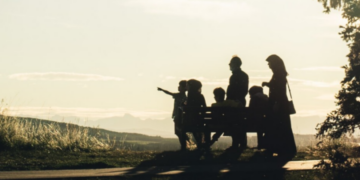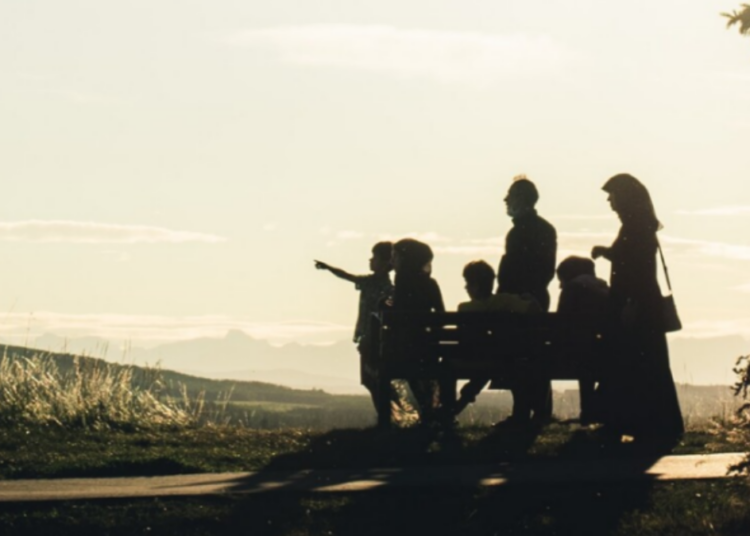On November 9, Russian President Vladimir Putin signed a Decree on Approval of the Basic State Policy for Preservation and Strengthening of Traditional Russian Spiritual and Moral Values. The document was published on the Official Internet portal of legal information.
For the sake of a reminder, the draft decree was made available for public discussion back in December 2021, but then withdrawn from consideration due to a shaft of criticism. In the process, it received support from family advocates, as we reported earlier.
The document defines traditional values as “moral guidelines which form the worldview of Russian citizens, are transmitted from generation to generation, underlie all-Russian civil identity and the unified cultural space of the country, and strengthen civil unity, which found their unique, original manifestation in the spiritual, historical and cultural development of the multinational people of Russia. Traditional values include life, dignity, human rights and freedoms, patriotism, citizenship, service to the Fatherland and responsibility for its fate, high moral ideals, a strong family, creative labor, priority of the spiritual over the material, humanism, mercy, justice, collectivism, mutual assistance and mutual respect, historical memory and continuity of generations, unity of the peoples of Russia.”
Christianity, Islam, Judaism, and Buddhism are named as an integral part of the historical and spiritual heritage that has had a significant influence on its formation. Traditional values are seen by the state as the foundation of society.
The document challenges the state and society to preserve and strengthen traditional values, confront destructive ideology, and form the image of Russia as the guardian of universal spiritual and moral values.




















Discussion about this post